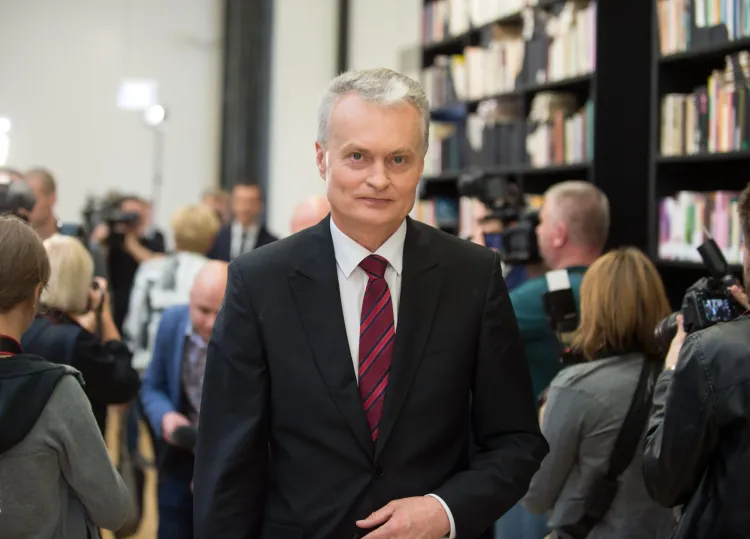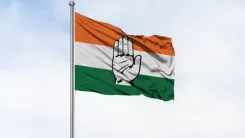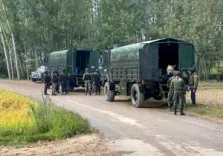Why Did Lithuanian President Leave Environment and Energy Minister Posts Vacant?

Synopsis
Key Takeaways
- President Gitanas Nauseda has approved a new government.
- Key positions of environment and energy ministers remain unfilled.
- The ruling coalition includes multiple significant parties.
- Former Prime Minister Gintautas Paluckas’s resignation led to this change.
- Approval from parliament is pending for the new government to take office.
Vilnius, Sep 9 (NationPress) The President of Lithuania, Gitanas Nauseda, has formally approved a new government led by Prime Minister Inga Ruginiene, but notably, the positions of environment and energy ministers remain unfilled, according to the Baltic News Service (BNS).
The Nemunas Dawn party, which was designated these two portfolios in the coalition agreement, had put forth Povilas Poderskis for the role of environment minister and Mindaugas Jablonskis, a lawyer, for energy minister.
However, the President indicated he was unable to make a decision on their nominations because they were submitted on the last day possible. He has yet to meet them or receive information from special services regarding Jablonskis.
The new cabinet will take on its responsibilities once the parliament endorses its program, which is anticipated next week. The ruling parties still have a window to reach an agreement with the President regarding the candidates for the vacant ministerial posts.
Former Prime Minister Gintautas Paluckas resigned on August 4, leading to the automatic resignation of the entire cabinet.
The Lithuanian Social Democratic Party (LSDP), Nemunus Dawn, the Lithuanian Farmers and Greens Union (LFGU), and the Christian Families Alliance reached an agreement in late August to establish a new ruling coalition, as reported by the Xinhua News Agency.
Earlier this month, President Nauseda submitted the nomination of Inga Ruginiene, an LSDP member, as Prime Minister to the Seimas, Lithuania's Parliament, according to the Presidential Office.
Nauseda expressed to LRT TV that the existing information suggests Ruginiene will be able to perform successfully as Prime Minister, although her background warrants closer scrutiny.
He shared that their initial meeting lasted an unusually lengthy two hours, during which they discussed various aspects of her personal history, relying on her answers for insight.
Ruginiene has encountered public scrutiny regarding her relatives in Russia, her past visits to the country, her husband’s business interests, and her swift completion of a forestry degree.
Nauseda met with her twice before recommending her nomination to the Seimas.
At 44 years old, Ruginiene was first elected to Parliament in 2024.
Before entering politics, she held the position of chair of the Lithuanian Confederation of Trade Unions.









